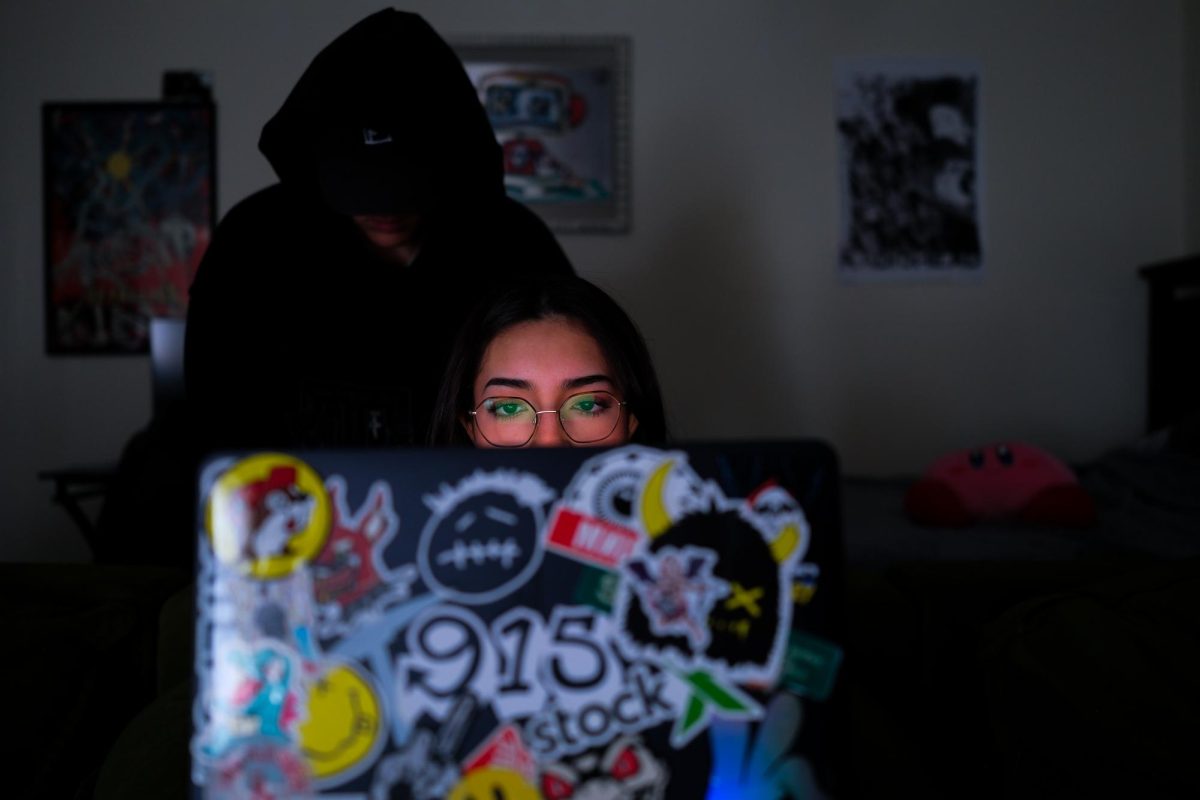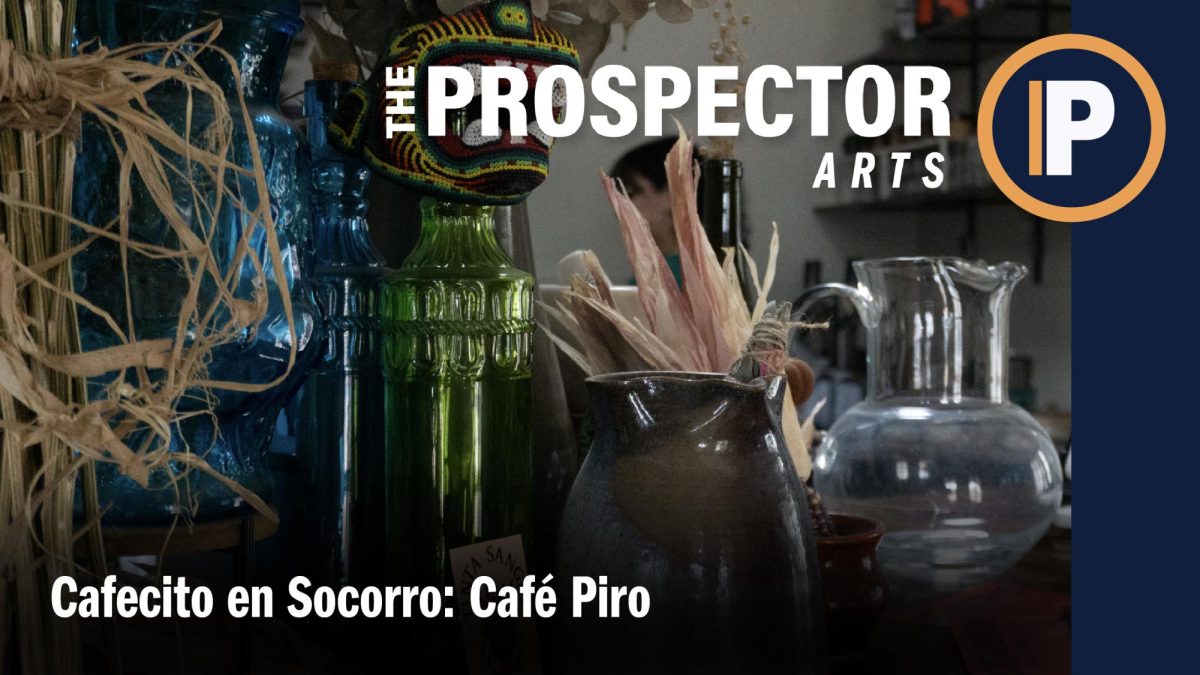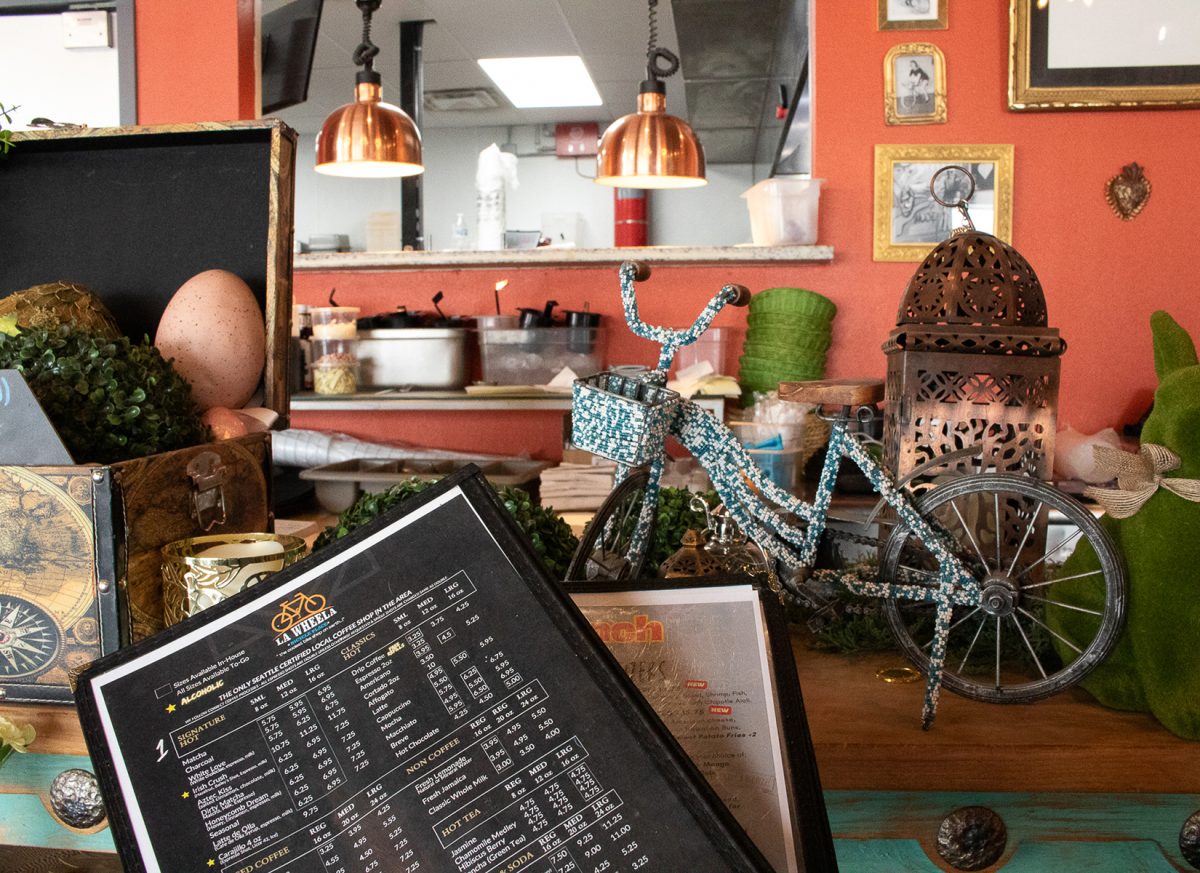With February’s arrival and lovers preparing for the big day, others may take to their devices in search of romance. In a world where swiping left or right can lead to love, popular dating apps like Tinder, Hinge and Bumble have made it quicker and easier for people to connect.
While these apps allow a person to virtually meet a multitude of people without ever having to get out of bed, they also raise safety concerns and generational debates over online relationships.
Young adults ages 18 to 29, or Generation Z, are the primary users of dating apps while Generation X is now the last age group to have experienced dating with zero online influence. Esther Concha, a 56-year-old, says she understands why many young adults turn to dating apps but believes safety should be a top priority.
“I think because we have such an online preference, like, we do everything online, socially, it’s almost like a comfort zone,” Concha said. “I know when I was growing up, I had to really pump myself up to go to a nightclub and once I was there, it was fine, but I think with your generation [Gen Z] it’s a little bit harder.”
Before the digital age, Concha says traditional dating consisted of meeting friends of friends and slowly building a relationship through face-to-face interactions. She believes online dating can hinder a person’s ability to decipher the other’s intentions.
“I would rather just meet a person face to face, that way through my own intuition I could determine whether this person is nice or not,” Concha said. “You have to follow your instincts, and I think you do that very well when you meet somebody face-to-face, person-to-person, versus online.”
Concha admits to having used Match.com in her late 20s to early 30s, but says she immediately logged off the website due to fears and concerns about her safety.
“I realized it was kind of scary for me. I wasn’t too sure who was on the other end, and I didn’t trust the other end,” Concha said. “I started thinking everybody was creepy or they their profiles were slightly altered, and it created a lot of anxiety.”
For Gen Z, dating apps are another extension of their digital presence, making them feel more comfortable with meeting people online. Users like 21-year-old Lena Casillas say changes like moving to college and the isolation that comes with living in a new city is what prompts a lot of college age individuals to utilize dating apps.
“When I was in college, it was all online. So, I didn’t have the traditional class settings or friends and groups to go out with,” Casillas said. “The friend group that I did have from living in the dorms are the ones who convinced me to get onto dating apps.”
Though Casillas met her current partner through a dating app, she shares Conchas’ concerns over the safety measures available on online dating platforms.
“I did have one instance that I was catfished and so that was one time too many. I was already cautious before then and then that happened,” Casillas said.
Following the incident, Casillas says she created her own set of rules to help keep herself safe while using the apps.
“If your first picture was a group photo, automatic X. If it was some sort of filtered photo, automatic X. If it was not a good, clear picture of you in general, it was an automatic X,” Casillas said.
The Federal Communication Commission advises online users to take these steps to avoid romance scams:
- Be skeptical of anyone who quickly pledges their love and devotion, no matter how sincere they may seem.
- Research your new acquaintance online, searching public records. You may also want to consider paying for a service to help with a background check.
- Do a reverse image search on the posted profile image to see if it’s a fake stock photo.
- Remember that scammers may be using stolen identities to create profiles.
- Be wary of anyone who is never able to meet you in person.
Alyda Muela is the Arts & Culture editor and can be reached at [email protected], on Instagram @alyrose.photos.








